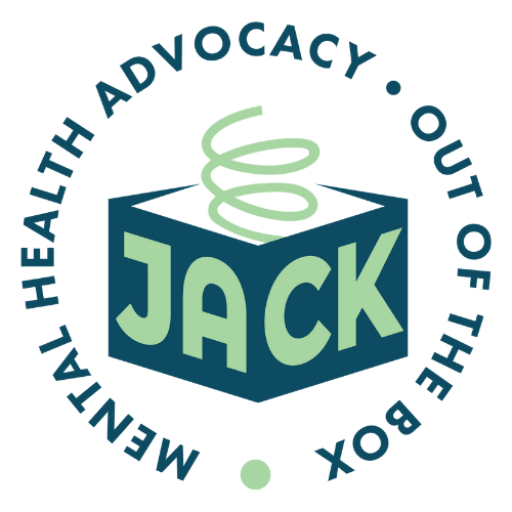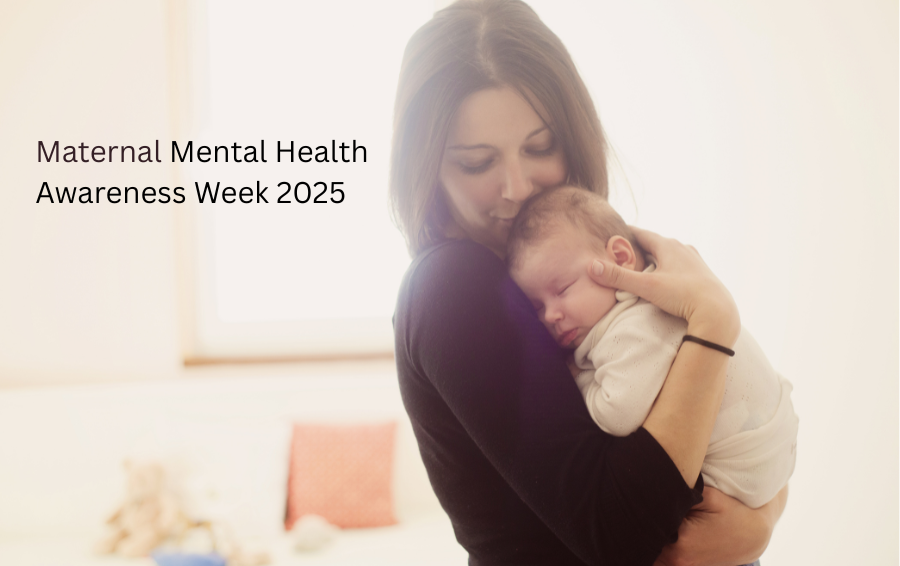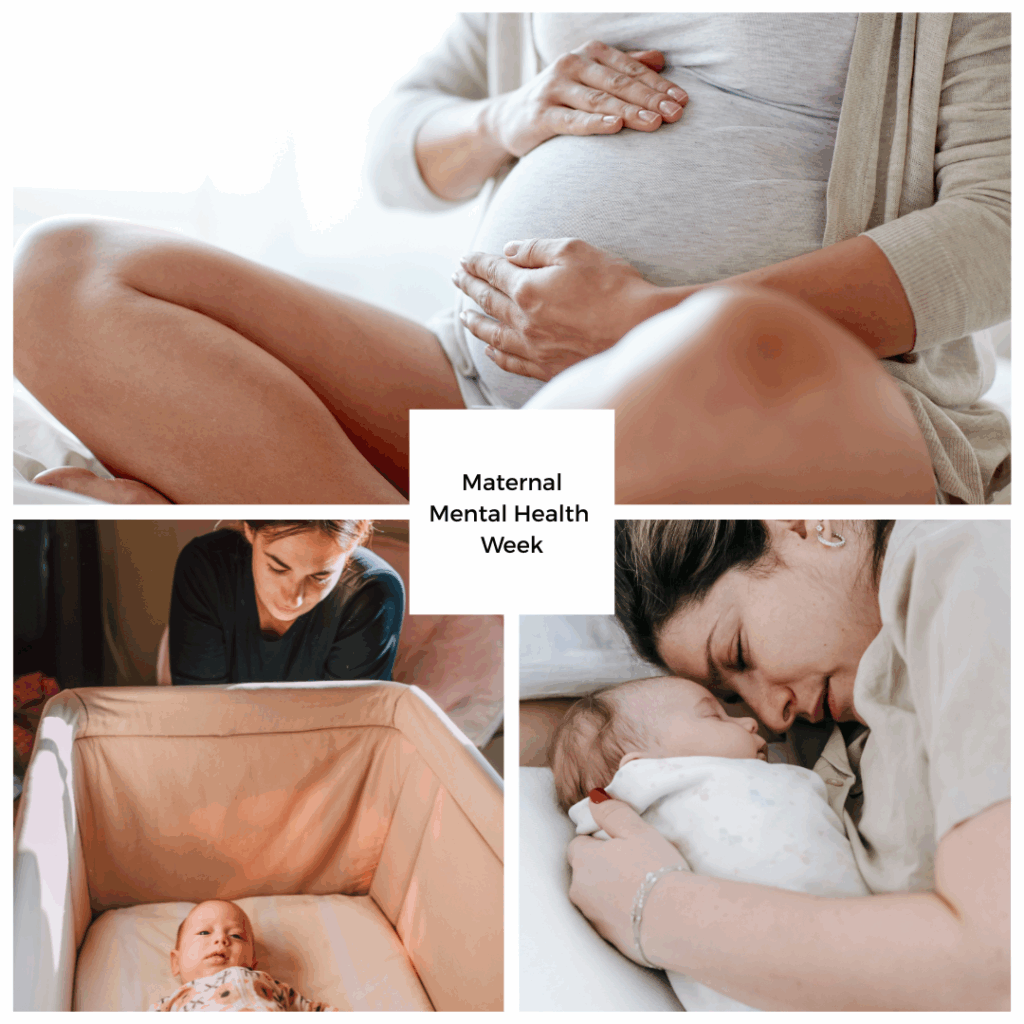These aren’t just “normal new mom worries.”
When we talk about pregnancy and new motherhood, the spotlight often lands on the physical stuff—bump pics, birth plans, sleepless nights. But there’s a whole emotional world many moms navigate that doesn’t get nearly enough airtime: maternal mental health. And while postpartum depression has started to get the recognition it deserves (finally!), there’s still a huge gap when it comes to understanding things like perinatal OCD and anxiety. These aren’t just “normal new mom worries.” Perinatal OCD and anxiety are real, often invisible mental health conditions that can make those early days feel overwhelming in ways no one warned you about. Let’s break it down.
So, What Is Perinatal OCD and Anxiety?
Perinatal OCD refers to obsessive-compulsive disorder that occurs during pregnancy or within the first year after childbirth. Women with perinatal OCD experience intrusive, distressing thoughts or fears (obsessions) about harm coming to their baby or themselves. These can be accompanied by compulsive behaviors or rituals aimed at preventing these imagined dangers. The thoughts can be deeply upsetting. While many women recognize that their fears are irrational, the anxiety they generate can feel overwhelming.
Perinatal anxiety, on the other hand, encompasses a range of anxiety disorders, including generalized anxiety disorder, panic disorder, and specific phobias, that can develop or intensify during pregnancy or in the postpartum period. These conditions can manifest in constant worry, fear of inadequacy as a mother, or a pervasive sense of dread about the well-being of the baby.
Why Don’t We Hear About This More?
Because the spotlight has mainly been on postpartum depression—which is very real and deserves attention. Anxiety and OCD often fly under the radar. Depression tends to look like sadness or detachment, which can be easier for others to spot. But anxiety and OCD? They’re often internal. And since many moms are afraid of being judged or misunderstood, they keep those scary thoughts to themselves.
This silence has led to the false idea that these conditions are rare. But they’re not.
One reason for this gap in the conversation may be the nature of the symptoms. Depression often manifests in ways that are more immediately visible, such as persistent sadness or feelings of hopelessness, which can be easier to recognize. Anxiety and OCD, on the other hand, can be more subtle or internal. Mothers often feel isolated or fearful of sharing their distressing thoughts and behaviors. This lack of visibility can contribute to the misconception that these conditions are less common or less serious, despite affecting many women.
Prevalence of Perinatal OCD and Anxiety
Recent studies highlight the alarmingly high rates of perinatal mental health challenges. Indeed, perinatal anxiety affects up to 20% of women. Perinatal OCD impacts approximately 3-5% of mothers. These conditions can develop during pregnancy, shortly after childbirth, or even months after the baby is born. So, it is essential for women and healthcare providers to remain vigilant long after the immediate postpartum period.
For many women, the transition to motherhood is marked by a natural increase in concern and anxiety about their baby’s well-being. However, when these fears spiral out of control, they can significantly impair daily functioning. What makes this even trickier? A lot of moms dismiss their anxiety as “just part of being a parent.” But if those worries are interfering with your daily life or robbing you of joy, that’s a sign it’s time to reach out.
The Impact of Perinatal OCD and Anxiety
The effects of untreated perinatal OCD and anxiety extend beyond the mother. These conditions can interfere with bonding between mother and baby. Why? Because constant worry may prevent a mother from fully engaging in nurturing interactions. Additionally, untreated mental health issues in the perinatal period can affect breastfeeding, sleep, and the overall adjustment to motherhood.
For the mother, the experience of chronic anxiety or obsessive thoughts can be physically and emotionally draining, often leading to feelings of guilt or shame. Many women struggle with the fear of being judged or misunderstood, which can prevent them from reaching out for help.
They might feel guilt or shame for even having these thoughts—like, what kind of mom thinks this stuff? Answer: a totally normal one. Intrusive thoughts don’t mean you’re a danger to your baby. They mean your brain is on overdrive, trying to protect someone you love with your whole being.
Risk Factors and Causes
While the exact causes of perinatal OCD and anxiety are still being researched, several factors are believed to contribute to their development:
- Hormonal Changes: The hormonal fluctuations during pregnancy and the postpartum period can significantly affect mood and mental health. Estrogen, progesterone, and other hormones play a role in regulating emotions and stress response, which may contribute to anxiety and obsessive thinking.
- History of Mental Health Issues: Women with a history of anxiety, OCD, depression, or other mental health conditions are more likely to develop perinatal OCD and anxiety. A family history of mental illness may also increase the risk.
- Stressful Life Events: The challenges and stress of pregnancy, childbirth, and adjusting to a new baby can be overwhelming. Previous traumatic birth experiences, financial concerns, or lack of support can exacerbate feelings of anxiety and fear.
- Lack of Social Support: Social isolation or lack of a supportive partner or family members can increase the vulnerability to mental health challenges. Caring for a newborn can be stressful and exhausting, and without help, this stress and exhaustion can increase. Support is essential during this period. Caring for a newborn can be stressful and exhausting, and without help, this stress and exhaustion can increase. Support is essential during this period.
Seeking Help: Treatment Options
The good news is that perinatal OCD and anxiety are treatable. Early intervention is key to improving outcomes for both mothers and their babies. If you or someone you know is struggling with mental health during pregnancy or postpartum, consider the following steps:
- Therapy: Cognitive Behavioral Therapy (CBT), particularly a form known as Exposure and Response Prevention (ERP), is the gold standard for treating OCD and anxiety. Therapy can help women challenge their intrusive thoughts and develop healthier coping strategies.
- Medication: In some cases, medications such as selective serotonin reuptake inhibitors (SSRIs) may be prescribed to manage anxiety and OCD symptoms. These medications are considered safe for use during breastfeeding, though it’s important to consult with a healthcare provider.
- Support Groups: Joining a support group for new mothers or those experiencing perinatal mental health challenges can provide a sense of community and reduce feelings of isolation.
- Self-care: Practicing self-care, including getting enough sleep (when possible), eating well, exercising, and seeking social support, can help manage stress and improve mental health.
Breaking the Stigma and Shame Cycle
Despite the growing awareness of perinatal mental health, stigma still exists around discussing these conditions. Many women feel ashamed of their intrusive thoughts or anxious feelings, but it’s important to understand that these are common experiences, not a reflection of one’s abilities as a mother. Sharing experiences, opening up to a healthcare professional, and advocating for mental health can all play a role in reducing the stigma associated with maternal mental health challenges.
Final Thoughts
Maternal mental health is a crucial part of the well-being of both mother and child. Perinatal OCD and anxiety are more common than many realize, yet they are often left unaddressed due to stigma or lack of awareness. It’s important for new mothers to recognize the signs of these conditions and seek support early. With proper treatment, it is possible to manage and overcome these challenges, ensuring both the mother and child can thrive in the early stages of life.
Let’s continue to expand the conversation to include all aspects of perinatal mental health, so no mother feels alone in her journey.
Ashley Ordway, Med/Ed.S, LMHC, is a licensed mental health counselor and advocate for children and families, sitting on the board of board of JACK Mental Health Advocacy. Ashley cares deeply about increasing access to care and bridging the gap between clinical practice and research. To learn more about perinatal OCD Ashley created a resource page here and if you are struggling and want to connect with Ashley for guidance, please reach out via JACK MHA at info@jackmha.org







